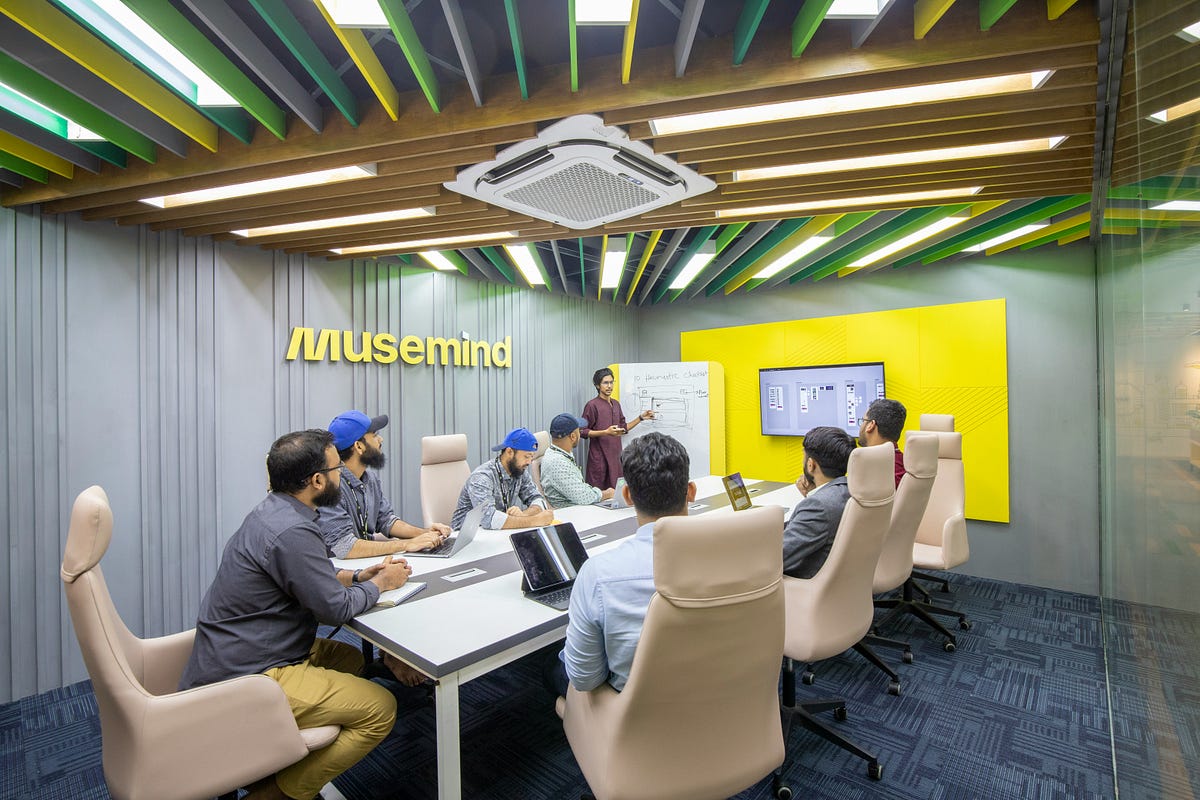July 28, 2025
5 min read
Dr. Gleb Tsipursky
Generative AI agents revolutionize industries by autonomously planning and executing workflows, reshaping how work is done.
Transforming Industry Through Generative AI Agents
The surge of Generative AI (Gen AI) across industries is more than a technical revolution — it’s a people-centric transformation. While traditional machine learning (ML) tools helped businesses predict trends and optimize workflows, Gen AI amplifies these advances by generating creative strategies, customer insights, and fresh approaches to product development. Now, Gen AI “agents” take this evolution a step further by autonomously planning and executing parts of a complex workflow. By connecting seamlessly to data, orchestrating tasks across software systems, and interacting in human-like ways, these agents help reshape the very structure of how work gets done.The Shift from Reactive ML to Agentic Gen AI
Traditional ML primarily offered data-centric predictions — a model would forecast next quarter’s sales or flag suspicious financial transactions. While that helped reduce costs and improve accuracy, these models generally relied on humans to interpret results and manually act on recommendations. By contrast, Gen AI’s ability to generate new content — such as text, images, and even code — enabled a leap from reactive analytics to creative solutions. Now, Gen AI agents go further, moving beyond content creation into autonomous decision-making. Once trained, an agent can evaluate an organization’s data in real time, make decisions, and execute tasks without human intervention. This shift from reactive to agentic AI represents a fundamental transformation in how businesses operate, enabling faster, more adaptive, and more innovative workflows.Note: The full article is available to Medium members only.
Source: Originally published at DataDrivenInvestor on Mon, 28 Jul 2025 02:21:26 GMT

